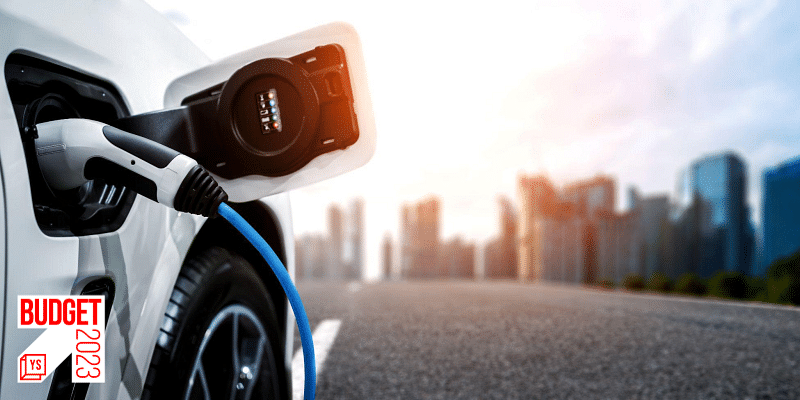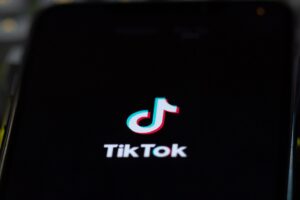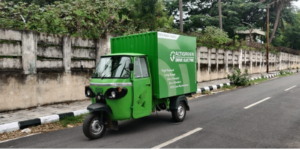In an effort to invigorate the electric mobility sector in India, Budget 2023 exempted the import of capital goods and machinery required to manufacture Lithium-ion batteries from customs duty—a formidable triumph for the industry, which has persistently petitioned for such tax breaks.
The Budget, however, failed to meet several expectations put forth by the industry, particularly around the extension of the Faster Adoption and Manufacturing of Electric Vehicles (FAME II) subsidies.
Industry body Society of Manufacturers of Electric Vehicles (SMEV) had hoped the government would standardise GST on all EV spare parts; link FAME II subsidies to market penetration of e-vehicles and conversion to e-mobility instead of to a particular date; and expand the scope of FAME to include e-trucks and tractors.
The industry had also asked for EV financing to be included as part of priority sector lending to make it easier for companies to do business.
“(The policy announced today) will bring down the cost of EV batteries, thereby reducing the cost of EV adoption,” said Samrath Kochar, Founder and CEO of Trontek, a Li-ion battery manufacturer in India.
“Going forward, we are certain that the Government will also look at bringing a (production-linked incentive) scheme for battery pack manufacturers and also reduce GST on batteries to benefit the many MSMEs operating in the EV sector,” Samrath said.
Players in the battery-swapping sector had hoped for some provisions, including a reduction of GST on swap batteries, and incentivising swapping infrastructure to create parity with their fixed battery counterparts but Budget 2023 failed to deliver.
The Budget also failed to address the widely perceived need for an overhaul of the battery recycling policy, especially as the sector scales up and more EVs hit the road.
An update on the draft EV policy and discussions around battery swapping and interoperability standards is expected sometime in February 2023.










